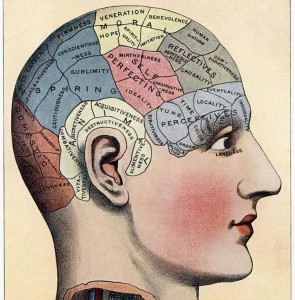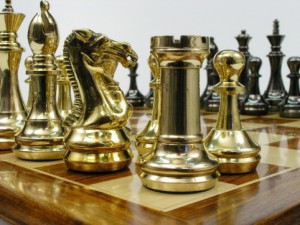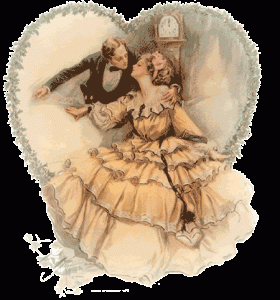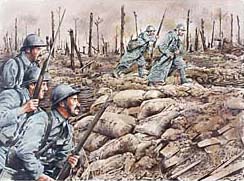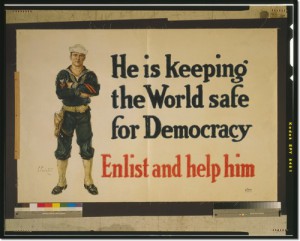 To Rosamond Thomas Bennett Sturgis
To Rosamond Thomas Bennett Sturgis
Via Santo Stefano Rotondo, 6
Rome. March 15, 1946
[T]here is an orthodox system of life and thought, called apparently “democracy” which must be made the basis and criterion of right education and . . . right character. This is new to me in America. In my time Harvard wasn’t at all inspired in that way. Not that anyone was hostile to democracy, but that we thought enlightenment lay in seeing it, and all other things, in the light of their universal relations, so as to understand them truly, and then on the basis of the widest possible knowledge, to make the best of the facts and opportunities immediately around us. But now education is to be inspired by revealed knowledge of the vocation of man, and faith in our own apostolic mission. Perhaps the war has made this view more prevalent than it would have been in uninterrupted peace.
From The Letters of George Santayana: Book Seven, 1941-1947. Cambridge, MA: The MIT Press, 2006.
Location of manuscript: The Houghton Library, Harvard University, Cambridge MA

